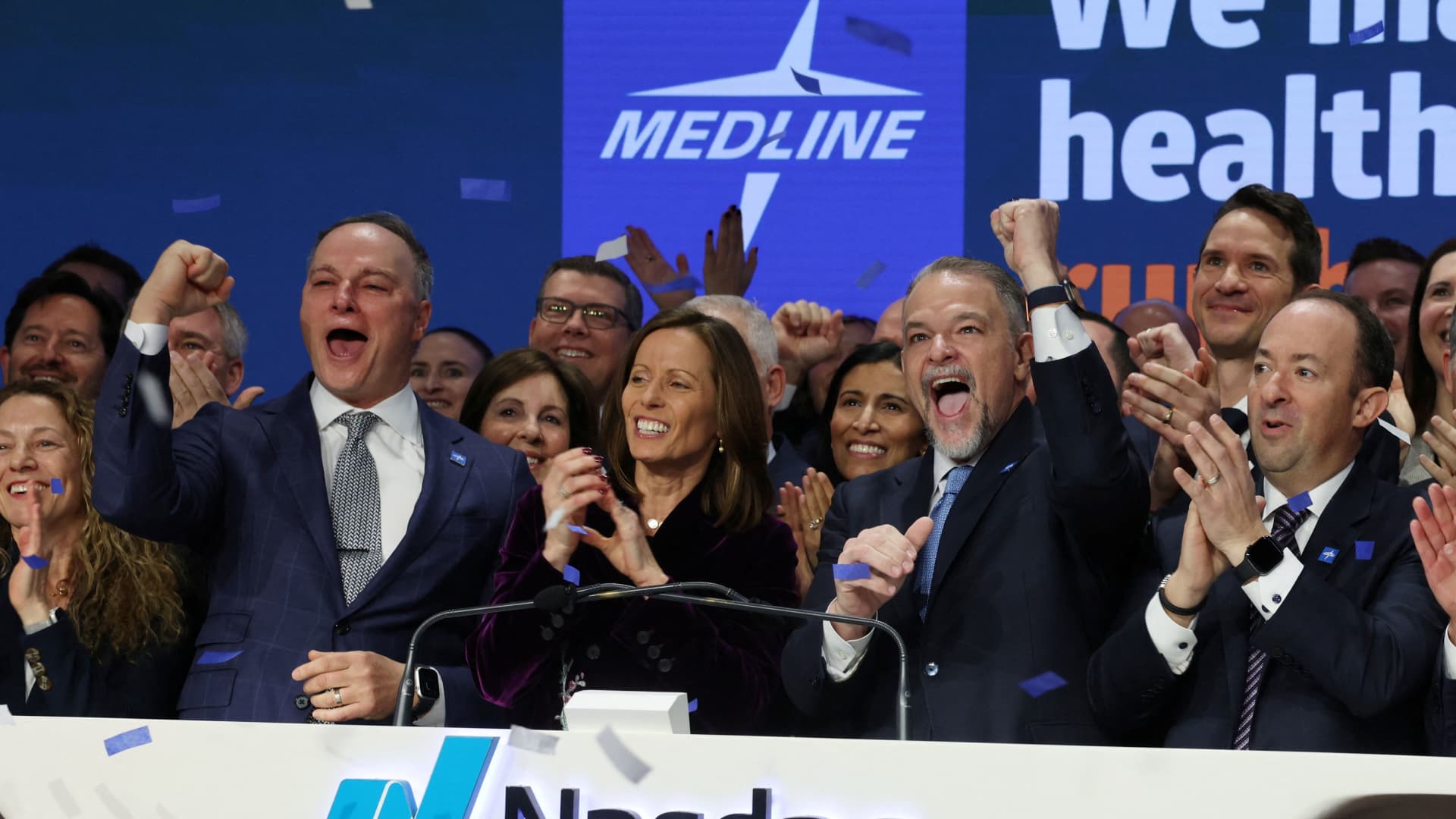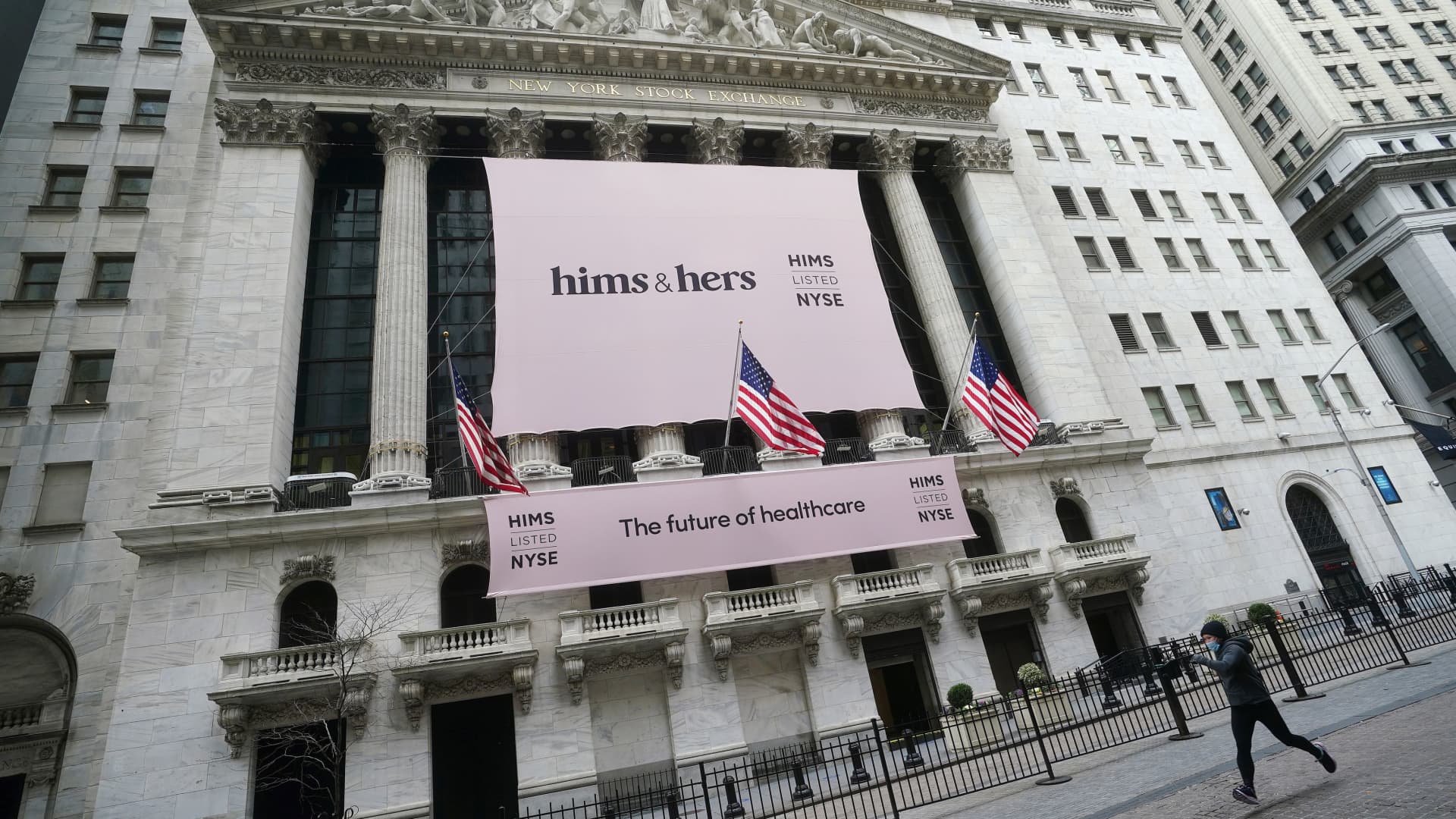Anthem Blue Cross Blue Shield said Thursday that it would not move forward with a policy change that would limit reimbursements for anesthesia during surgeries and medical procedures. The new policy would have reimbursed doctors according to deadlines set by the insurer.
Anthem BCBS, one of the largest health insurers in the U.S., quietly announced the new reimbursement policy last month for Connecticut, New York and Missouri starting in February. The policy change sparked outrage from the American Society of Anesthesiologists.
The policy update initially went under the radar, but that changed on Wednesday., following the shooting of UnitedHealthcare CEO Brian Thompson in New York City. The murder unleashed a wave of online vitriol about the US healthcare system, and the Anthem BCBS decision entered the conversation heavily.
More from NBC News:
In a statement to NBC News, An Anthem BCBS spokesperson said: “There has been significant widespread misinformation regarding an update to our anesthesia policy. As a result, we have decided not to proceed with this policy change.”
The spokesperson added: “To be clear, it was never and will never be Anthem Blue Cross Blue Shield's policy not to pay for medically necessary anesthesia services. The proposed policy update was only designed to clarify the appropriateness of anesthesia in accordance with guidelines. well-established clinics.”
Before the repeal, New York and Connecticut had intervened to prevent the plan from taking effect.
On Thursday, New York Gov. Kathy Hochul took credit for pushing for the rollback. Hochul had expressed his outrage in X on Wednesday.
“Last night, I shared my outrage over a plan by Anthem to remove coverage for New Yorkers who had to undergo anesthesia for surgery,” Hochul said in a statement Thursday. “We pressured Anthem to change course and today they will announce a complete reversal of this misguided policy.”
On Thursday, Connecticut Comptroller Sean Scanlon posted on X that the policy would no longer take effect in the state.
“After hearing from people across the state about this concerning policy, my office reached out to Anthem and I am pleased to inform you that this policy will no longer be in effect here in Connecticut,” Scanlon wrote.
There is usually no set time limit for anesthesia during a surgery or procedure. Anesthesia is administered for the duration of the procedure, a decision determined by the doctor performing the procedure, not the anesthesiologist.
“The problem here is that the time, the duration of the surgery, is a function of the surgeon, not the anesthesiologist. The anesthesiologist is really at the mercy of the surgeon for as long as he needs to perform the surgery well,” said Dr. Dhivya Srinivasa, founder and chief surgeon of the Institute for Advanced Breast Reconstruction of Los Angeles.
“In my field, I am a breast cancer reconstructive surgeon. There is a wide range of how long it will take depending on the complexity,” Srinivasa said.
On Wednesday afternoon, an Anthem BCBS spokesperson said the decision had been made to “protect against potential overbilling of anesthesia providers” as part of the company's “continued efforts to improve affordability and accessibility to attention”.
The insurance company would use “CMS physical work time values to determine the appropriate number of minutes” for the procedures, the spokesperson said, referring to the Centers for Medicare & Medicaid Services.
Dr. Donald Arnold, president of the American Society of Anesthesiologists, sharply questioned how the insurer had determined the time limits.
“No, it's not part of Medicare or Medicaid,” he said. “No one else has a system like this.”
CMS physician work time values can be found on the CMS website.
“Medicare has some data,” Arnold said. “We don't know the purpose of the data. We don't know where it comes from. We don't know how it's calculated. We don't know any of that except that we can find the spreadsheet and download it. CMS has not responded to our questions so we can understand how it is development”.
CMS did not immediately respond to a request for comment.
In January, Blue Cross Blue Shield of Massachusetts began restricting the use of anesthesia during colonoscopies but reversed its decision after opposition from doctors, including the American Gastroenterological Association.












